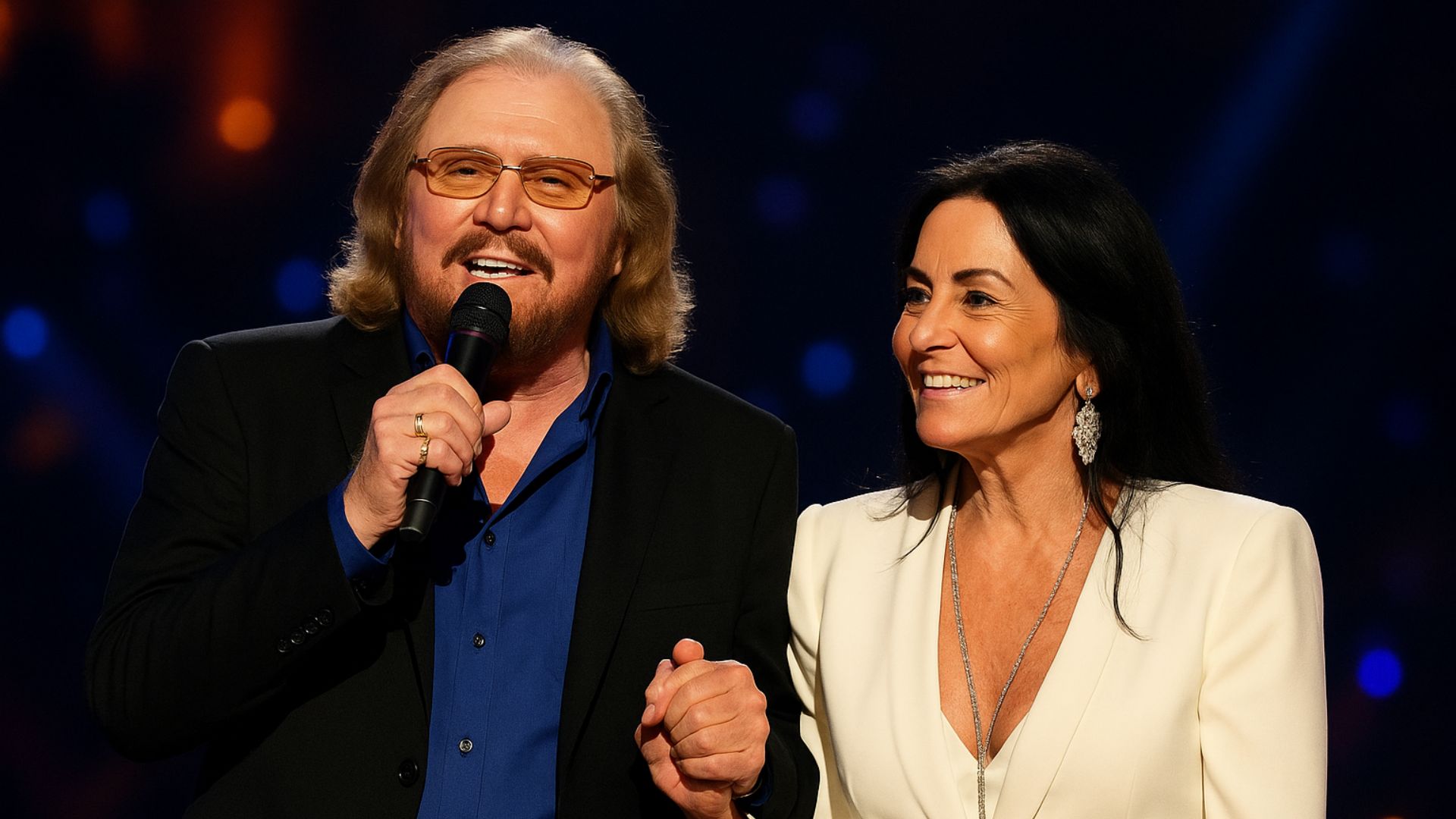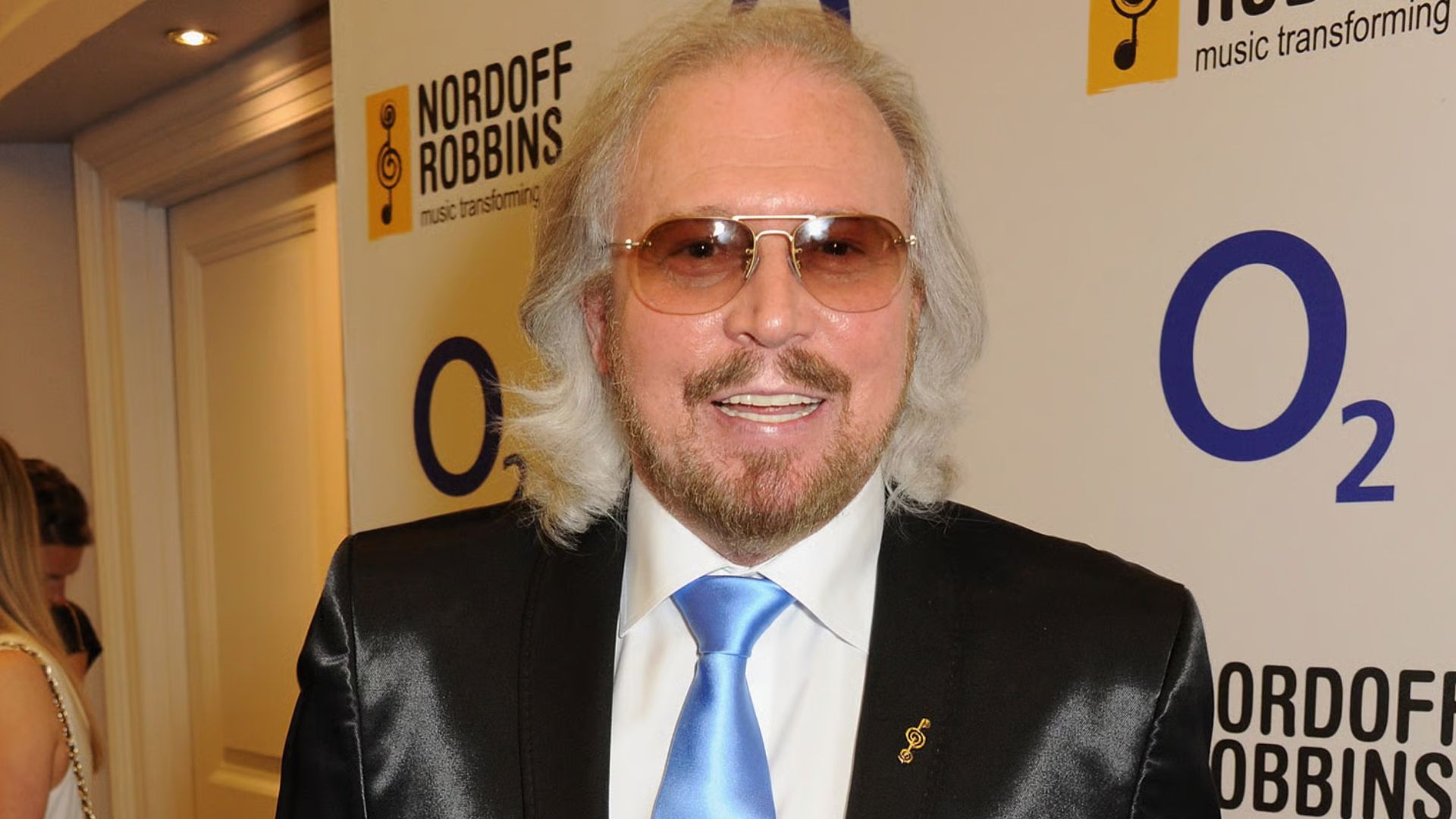
When Barry Gibb wrote “How Deep Is Your Love” with his brothers Robin and Maurice, the world was dancing to disco — but the Bee Gees were dreaming in tenderness. Released in 1977, at the height of the Saturday Night Fever era, the song stood apart from the pulse and glitter of the times. It wasn’t about lights or movement — it was about stillness. It was about the kind of love that doesn’t fade with time, but deepens in silence.

The first chords shimmer softly, like morning light slipping through curtains. Then Barry’s voice enters — calm, intimate, and impossibly sincere: “I know your eyes in the morning sun…” He doesn’t sing to impress; he sings to reassure. His falsetto, so often the sound of energy and desire, becomes something different here — gentle, sacred, almost like a prayer. You can feel him leaning into the words, giving them the warmth of trust.
💬 “And you come to me on a summer breeze…” That single line holds the entire weight of the song’s beauty — love as comfort, love as presence. Robin’s soft harmonies glide around Barry’s voice like sunlight over water, and Maurice, ever the quiet architect, builds the foundation so seamlessly you hardly notice how perfect it is. Together, they create a sound that feels alive — not in volume, but in soul.
Musically, “How Deep Is Your Love” is a masterpiece of restraint. Its rhythm moves like a heartbeat — steady, patient, tender. The arrangement never rushes; it breathes. Every piano note, every string swell feels deliberate, designed not to dazzle, but to soothe. In an era of noise, this song whispered — and the world listened.
When Barry Gibb performs it now, his voice older but filled with memory, it carries new meaning. What was once a love song between two people has become a love letter to the past — to his brothers, to the music, to the years that shaped them. You can hear gratitude in every note, and grief, too — the kind that only exists when love runs deep enough to survive loss.
Because “How Deep Is Your Love” was never just about romance.
It’s about devotion — the quiet, enduring kind that asks not for perfection, but for presence.
And when that final harmony fades, you realize why the song still lives on:
because in every era, every heart still longs to be known that deeply —
to be seen, not for who we try to be, but for who we truly are.
In Barry’s voice, that longing finds its answer.
Gentle. Eternal. True.